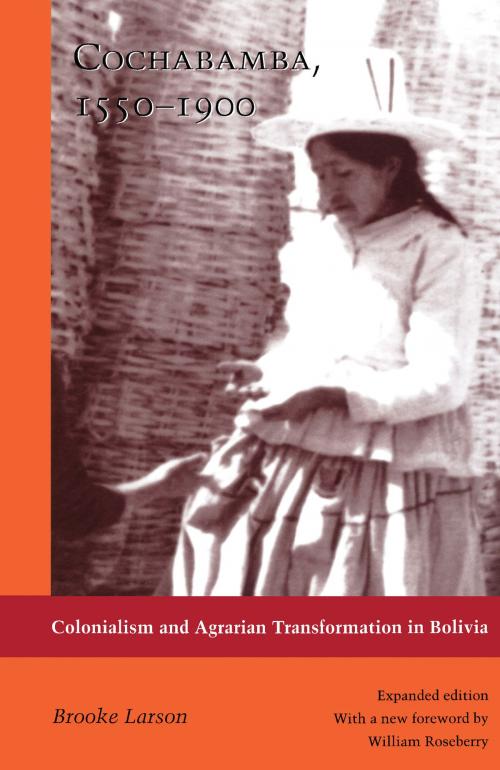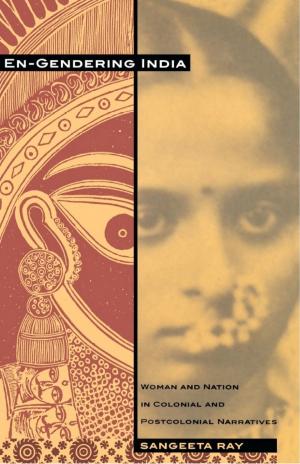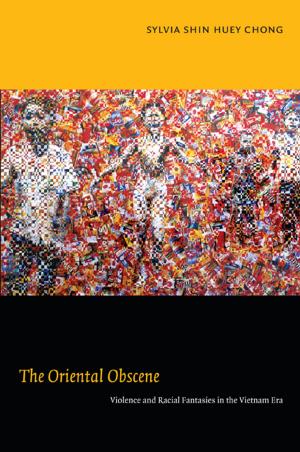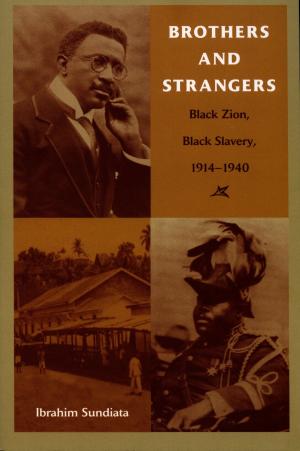Cochabamba, 1550-1900
Colonialism and Agrarian Transformation in Bolivia
Nonfiction, History, Americas, South America, Business & Finance, Economics, Economic History, Social & Cultural Studies, Social Science, Anthropology| Author: | Brooke Larson | ISBN: | 9780822379850 |
| Publisher: | Duke University Press | Publication: | March 18, 1998 |
| Imprint: | Duke University Press Books | Language: | English |
| Author: | Brooke Larson |
| ISBN: | 9780822379850 |
| Publisher: | Duke University Press |
| Publication: | March 18, 1998 |
| Imprint: | Duke University Press Books |
| Language: | English |
Winner of the 1990 Best Book Award from the New England Council on Latin American Studies
This study of Bolivia uses Cochabamba as a laboratory to examine the long-term transformation of native Andean society into a vibrant Quechua-Spanish-mestizo region of haciendas and smallholdings, towns and villages, peasant markets and migratory networks caught in the web of Spanish imperial politics and economics. Combining economic, social, and ethnohistory, Brooke Larson shows how the contradictions of class and colonialism eventually gave rise to new peasant, artisan, and laboring groups that challenged the evolving structures of colonial domination. Originally published in 1988, this expanded edition includes a new final chapter that explores the book’s implications for understanding the formation of a distinctive peasant political culture in the Cochabamba valleys over the eighteenth and nineteenth centuries.
Winner of the 1990 Best Book Award from the New England Council on Latin American Studies
This study of Bolivia uses Cochabamba as a laboratory to examine the long-term transformation of native Andean society into a vibrant Quechua-Spanish-mestizo region of haciendas and smallholdings, towns and villages, peasant markets and migratory networks caught in the web of Spanish imperial politics and economics. Combining economic, social, and ethnohistory, Brooke Larson shows how the contradictions of class and colonialism eventually gave rise to new peasant, artisan, and laboring groups that challenged the evolving structures of colonial domination. Originally published in 1988, this expanded edition includes a new final chapter that explores the book’s implications for understanding the formation of a distinctive peasant political culture in the Cochabamba valleys over the eighteenth and nineteenth centuries.















